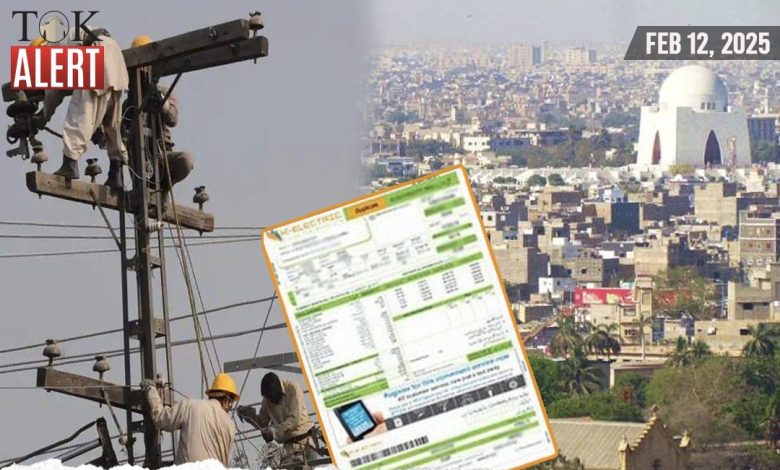Reduction in Electricity Costs in Pakistan to Exceed 52 Billion and 12 Crore Rupees

Weezha Roz-The Government of Pakistan has announced a significant reduction in capacity costs, which is expected to lead to a decrease in electricity prices across the country.
This move is part of the broader strategy of the Pakistani government to alleviate the financial burden on consumers and stimulate economic growth by making energy more affordable.
Electricity distribution companies in Pakistan have submitted a request to the National Electric Power Regulatory Authority (NEPRA) for adjustments related to the second quarter of the current fiscal year.
This request seeks to provide over 52 billion and 12 crore rupees in relief to electricity consumers.
This initiative aims to pass on the benefits of reduced capacity costs to end-users.
The government’s decision to reduce capacity costs is a key factor in the anticipated decrease in electricity prices.
Capacity costs are a significant component of the overall cost structure of electricity generation and distribution.
The electricity distribution companies have formally approached NEPRA, requesting adjustments that would allow them to pass on the savings from reduced capacity costs to consumers.
This request is specifically for the second quarter of the current fiscal year.
If approved, the proposed adjustments would result in financial relief exceeding 52 billion and 12 crore rupees for electricity consumers across Pakistan.
NEPRA is expected to decide on the extent of the reduction in electricity prices per unit.
This decision will be based on a detailed analysis of the reduction in capacity costs and its impact on the overall cost structure.
The reduction in capacity costs is expected to lead to lower electricity prices for consumers, making energy more affordable and reducing the cost of living.
Lower electricity prices can stimulate economic activity by reducing operational costs for businesses and increasing disposable income for households.
The financial relief provided to consumers will help alleviate the burden of high electricity bills, especially for low-income households.
Weezha Roz




